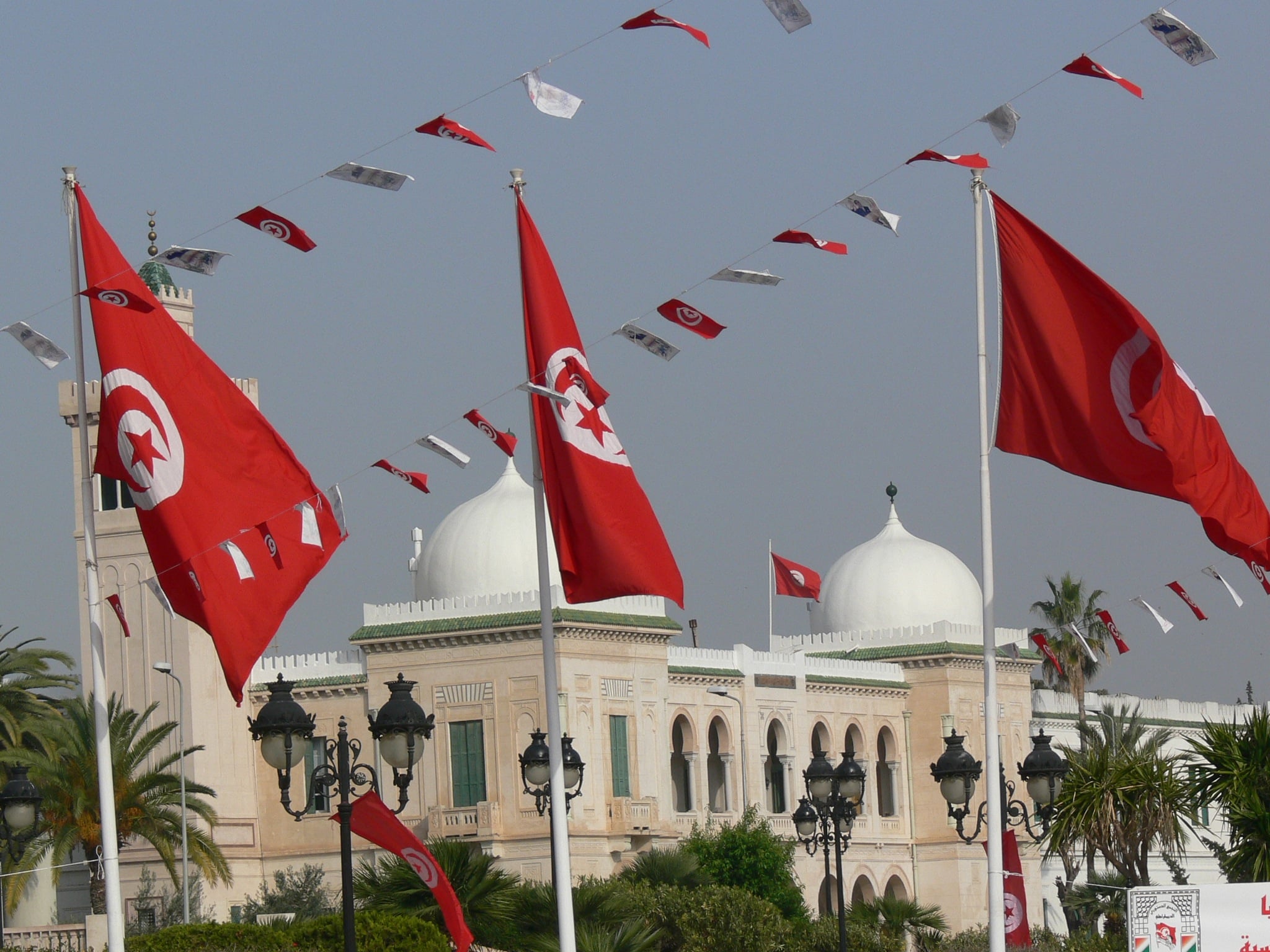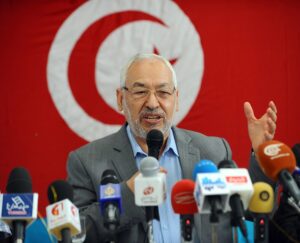On May 6th 2018 Tunisians went to the polls for the first municipal elections since the fall of autocrat Zine El Abidine Ben Ali in 2011. The local elections were postponed several times due to political strife as a result of the highly centralized nature of the country. Traditionally the municipalities only held 3% of the government budget and had no administrative and financial independence from the central government. An accord on reforming the municipality system in 2017 resulted in these new elections and the passing of the landmark local council bill on May 1st 2018. Marking the gradual decentralization of the country and subsequent democratization.
Results
The low voter turnout of 33.7% was one of the most remarkable outcomes of the elections. Voter enthusiasm in the country is low seven years after the revolution that put the country on the path towards democracy.
Independent candidates gained more votes than major parties Ennahda and Nidaa Tounes. Independents got 32.2 percent of the vote, the Ennahda party 28.6 percent and Nidaa Tounes party 20.8 percent. Nonetheless operate most independent candidates between the parties and will the major parties still yield the highest degree of control of the country’s 350 councils.
The major parties recorded hundreds of thousands fewer votes than in parliamentary elections in 2014, in part because of growing criticism over Ennahda and Nidaa Tounes, which are governing coalition partners along with other parties.
Time for change
The sluggish economic situation in the country has been one the main campaign issues. Tunisia’s ability to get itself out of economic crisis has been slowed by the lack of international support. The country is very dependent on foreign loans. Meanwhile foreign investments and tourism have been halted since the severe terror attacks in 2015. Unemployment is high, especially among the youth.
The traditionally weak municipal councils did not promise the change needed to pull the economy back on track. There are several corruption cases against politicians on their way in the country. Even further demising voter apatite. The new electoral law that was adopted in 2017 provided for unprecedented participation for youth, women and disabled people.
Step towards democracy
The European Union Election Observation Mission in Tunisia stated that the elections were considered as a “historic step” towards the establishment of the country’s decentralization. The head of the delegation of the European Parliament, Santiago Fisas Ayxelà, said that the elections would contribute to “democratization at the local level.” “The ballot was generally calm, in spite of some delays and incidents caused by logistical failures,” according to Castaldo, adding that “in almost every polling station observed, the procedures had been properly applied and the counting had been conducted in a transparent and most often consensual way”. Despite delaying the opening of some offices and the presence of some minor incidents as a result of technical errors.



